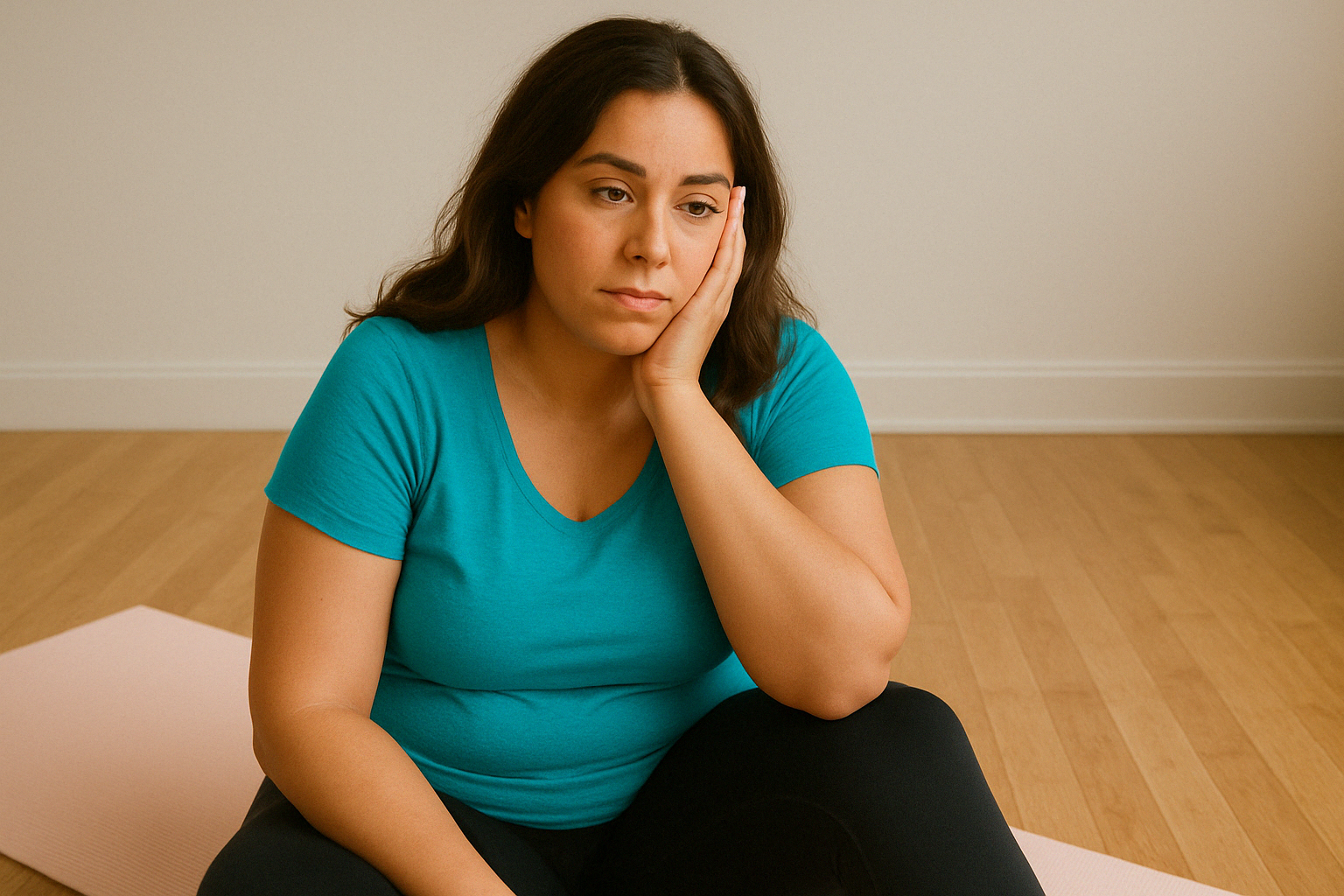Most of us know that we feel better when we sleep and worse when we don’t. We might recognize that a lack of sleep interferes with our concentration, focus, memory, and more. What most of us don’t know is that sleep can affect our hormonal health too. PCOS can complicate these matters, making it even more critical that we put in the effort necessary to get enough rest.
PCOS Can Make Sleep Harder
While everyday hormonal cycles don’t affect sleep very much, hormones affected by PCOS can make it harder to get enough sleep or high-quality sleep. One of the most common connections between sleep disturbances and PCOS has to do with the fact that women with PCOS are more likely to struggle with Obstructive Sleep Apnea. The prevalence of this sleep disorder makes sense because sleep apnea is also tied to insulin resistance and high testosterone levels, both of which often go along with having PCOS. Sleep apnea can be exacerbated if you are a back sleeper too.
Sleep apnea can make sleeping well almost impossible. People who have this condition don’t breathe properly at night, which can mean that they wake up regularly or don’t get the deep, restorative sleep necessary to feel rested upon waking. If you think you might struggle with sleep apnea, it’s important to see your doctor. A medical provider can help you get the equipment necessary to breathe – and sleep! – well, all night long.
Losing Sleep Can Harm Hormonal Health
If you don’t have sleep apnea but are still struggling with rest, there’s a good chance that you are having problems with the hormone cortisol. Cortisol helps your body keep going during stressful circumstances. One of the things it does is raise your blood sugar levels.
Usually, cortisol is low when you are trying to go to sleep, this bedtime is be one of the least stressful times of the day. Unfortunately, for people with PCOS and other hormone imbalances, cortisol production can be thrown off completely.
Most of the time, cortisol works hand-in-hand with insulin. Cortisol boosts blood sugar levels, while insulin works hard to keep them down. In people who are insulin resistant (like those with PCOS or diabetes), it becomes harder for insulin to do its job well. Cells just don’t respond to it like they should, which makes it much harder to lower those pesky blood sugar levels.
When this happens, the body produces more and more and more insulin, until the blood sugar finally lowers. Sometimes the body overshoots its mark and blood sugar goes too low, which means more cortisol production and another blood sugar spike.
Cortisol doesn’t just raise blood sugar though. It’s a stimulating hormone for many of the body’s systems. If we are stuck in an insulin-cortisol cycle around our blood sugar, we can end up awake all night long. Unexpected cortisol production can also be the reason behind some of those middle-of-the-night wake-ups when you just can’t go back to sleep.
The best way to regulate this is through your diet. In general, limit sugars and easy-to-digest white carbohydrates, as they can cause or contribute to blood sugar spikes. Make sure you get enough protein and fats before bedtime to keep you satisfied through the night.
Melatonin Can Make it Worse
If you have PCOS or another autoimmune disease, melatonin may not be the right solution for you. This hormone is a common sleep supplement, touted as the best way to get to sleep naturally if you are struggling. However, melatonin stimulates the production of TH1, a thyroid hormone. Many people with autoimmune diseases overproduce this hormone. Taking melatonin then exacerbates this problem. Too much of this hormone can cause your body to attack its own tissue, making your autoimmune problem worse.
At the very least, if you’d like to try taking melatonin for sleep, have your thyroid numbers checked first. If your TH1 is normal, try melatonin. If it isn’t, try to boost your melatonin naturally by turning off the lights and screens 30-60 minutes before bedtime.
Hormones and the ways they influence your sleep can be complicated, but that doesn’t mean that you can’t figure out what works for you. If you struggle with PCOS, talk to your doctor about sleep apnea. Work to keep your cortisol levels under control, so they don’t spike at night and make it hard to fall asleep or stay asleep. It may take some time, but with a focused effort, you can sleep better and feel better too.







